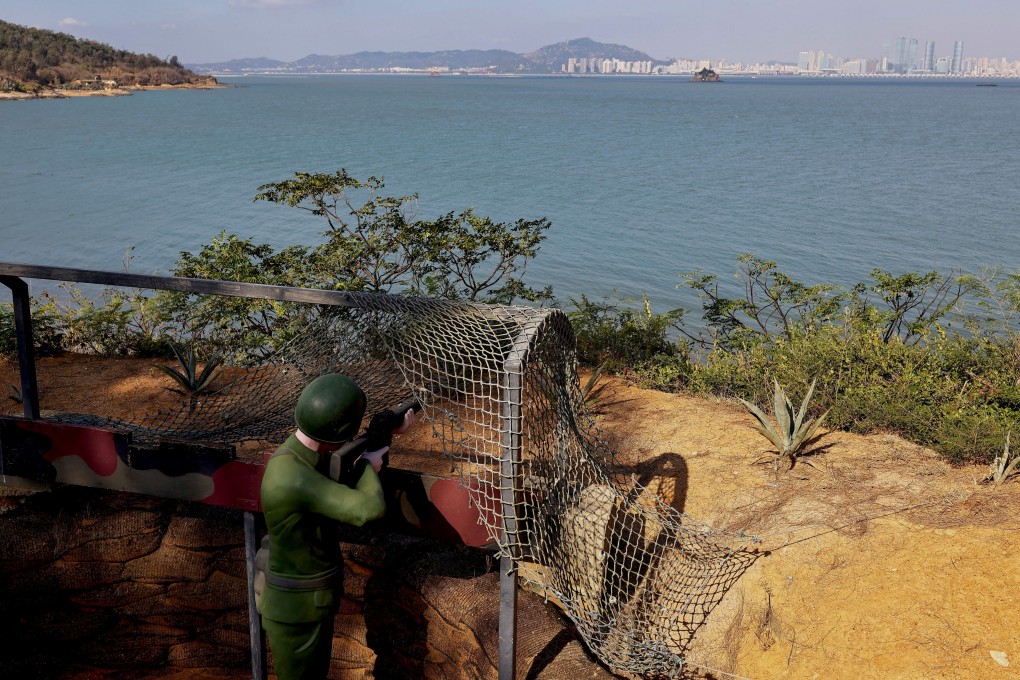Advertisement
Letters | Why status quo in Taiwan Strait might be best way to avoid bloodshed
- Readers discuss the ongoing tensions across the Taiwan Strait and the need for brotherhood, instead of confrontation
Reading Time:2 minutes
Why you can trust SCMP

Coming across Lili Marleen, a hit song during the second world war, I found it to be full of paradoxes. The song was originally a love poem penned by a German soldier during the first world war and only set to music around the second world war. It was first sung by Lale Andersen, a German woman who resisted Nazis and was enamoured of a Jewish man, but it became a favourite among both Axis and Allied soldiers.
Life is full of contradictions, as is politics. On the one hand, the United States acknowledges the one-China policy; on the other, it intervenes in affairs in the Taiwan Strait (“Joe Biden says he and China’s Xi Jinping agreed to abide by Taiwan agreement”, October 6).
President Xi Jinping often mentions “democracy” in his addresses. This seems contrary to recent policies carried out in Hong Kong that have caused concern over the city’s freedoms of speech, press and assembly.
Advertisement
Taiwan, which the central government and the Communist Party see as a renegade province, has been presented with a “one country, two systems” formula for unification with the mainland. This unprecedented political and economic system, which was brought into being by the late paramount leader Deng Xiaoping, is already in place in both Hong Kong and Macau.
However, given recent events in Hong Kong, “one country, two systems” is not considered a good model by people in Taiwan.
Many Chinese, in particular those living overseas, are desperate for China to become a strong and wealthy nation. But how can this dream come true? We cannot expect that Beijing will abandon communism or that Taipei will give up democracy as there is much to be said for both sides.
Advertisement
Advertisement
Select Voice
Choose your listening speed
Get through articles 2x faster
1.25x
250 WPM
Slow
Average
Fast
1.25x
